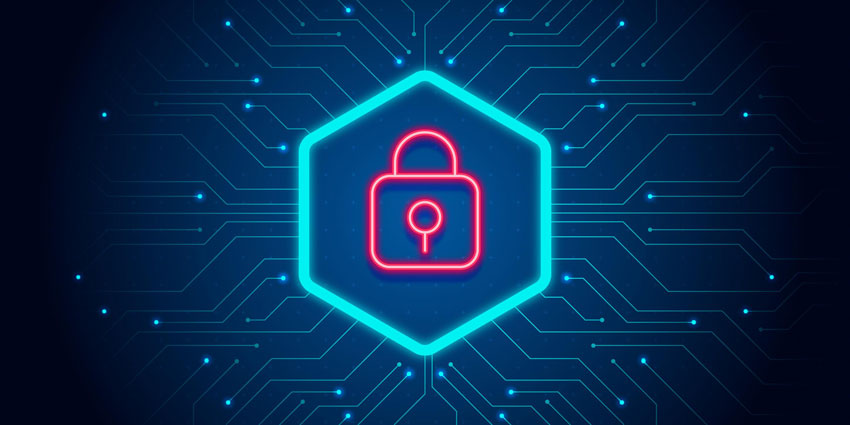Cryptocurrencies had a massive run over the past two years, making many hackers happy. Cyberattackers are waiting for more people to enter the world of digital finance so they can exploit their data and steal their money in tangible or digital currencies. In 2021 alone, hackers got their hands on 14 billion dollars worth of crypto, which is six times more than the previous year.
But that’s not the only danger that’s lurking online. Governments are using crypto as a coverup to gain more control and increase digital surveillance. With all that said, people’s only hope to secure their online privacy is to use a virtual private network. Threats online can come from all sides, and a VPN is the only solution that can encrypt your connection and data and make you invisible while browsing the net.
However, choosing the optimal VPN service is difficult if you’ve never used one before. Every company has a marketing team responsible for making you think their product is the best. They all differ in price, and it’s more lucrative to go for the cheaper option if it does the same thing as the other ones. But if you go for that, you might miss out on a few essential features. Here are a few factors to consider when looking for a VPN service.
The number of servers worldwide
The number of servers is a crucial component to consider regarding VPNs. Many companies claim to have thousands of servers around the globe, and when you pay for a monthly subscription, you realize that they have a few in each country, and they’re incredibly slow.
Some shady companies market a high number of servers, but the trick is that most of those aren’t active. It doesn’t matter if you have all of the servers in the world at your disposal when you are offering only two or three in reality. Check online reviews and try to find more information about this number.
Next comes geographical diversity. It’s common knowledge that you have many more things to do online in the United States than in a country like China. One of the primary purposes of a VPN is to bypass geographical borders, meaning that you can make it look like you’re in a different country. If your boss requires you to be in your local state over the weekend, you can take a quick trip to Bali and use a VPN free trial to make it look like you’re home. Problem solved.
Security
It doesn’t make sense to get a VPN if it isn’t secure. Many people fall for marketing scams that claim that free VPNs are the same as paid ones. That’s a blatant lie. Anything free comes with a hidden fee. Think of that whenever you see another ad that promises a fast connection and unlimited data for zero dollars.
You know exactly what you’re paying for when you go for a paid service. Virtual private network companies have costs when it comes to server maintenance, upgrades, and software development. There’s a massive difference between a free VPN and a VPN free trial. When someone’s giving all of their services for free, think of what they’re getting in return. That could be your browsing history, an unsafe connection, or malware disguised as software to abuse your data in the future.
Virtual private networks are a vital tool for organizations, providing remote users with secure access to corporate resources and applications. However, VPNs aren’t a silver bullet that can eliminate all risks to a company’s security. One of the biggest threats to VPN use is credential theft—by which an attacker steals users’ usernames and passwords, often through phishing schemes or malware.
While there are many ways to secure a VPN connection, one of the best is by setting up multi-factor authentication. When you enable this feature, you’ll be required to confirm your identity through more than just a username and password. This is a great way to protect yourself against un-trusted networks and malicious individuals. If your company is a Fortinet Client, enabling Fortinet Multi-Factor Authentication is one of the good steps towards keeping your network access secure.
The max number of connected devices
Not so long ago, people could only connect to the internet through their desktop computers. All those people who used dial-up internet remember the horror of somebody picking up the phone while you were doing something important online.
Nevertheless, now each person has multiple connected devices. A PC, laptop, smartphone, smartwatch, and tablet are present in every household and for every family member. If a VPN provider allows only one device with a subscription, you’ll have to get five to secure just one family member.
That’s why it’s better to look for companies that offer multiple devices under one plan. Companies are increasingly switching to this model, but some still don’t have the offer. Doing some research before you rush out to enter your credit card details is much better.
Speed
Finally, there’s speed. The internet is filled with complaints that VPNs slow down your browsing speed. That fact was true a few years ago. Now, most companies have evolved and adopted new technologies where you won’t notice a drop in your browsing speed at all. Of course, if you want to connect to a server on the other side of the world, you’ll have to wait a few seconds more. But if your only goal is to browse privately, you won’t feel a thing.

